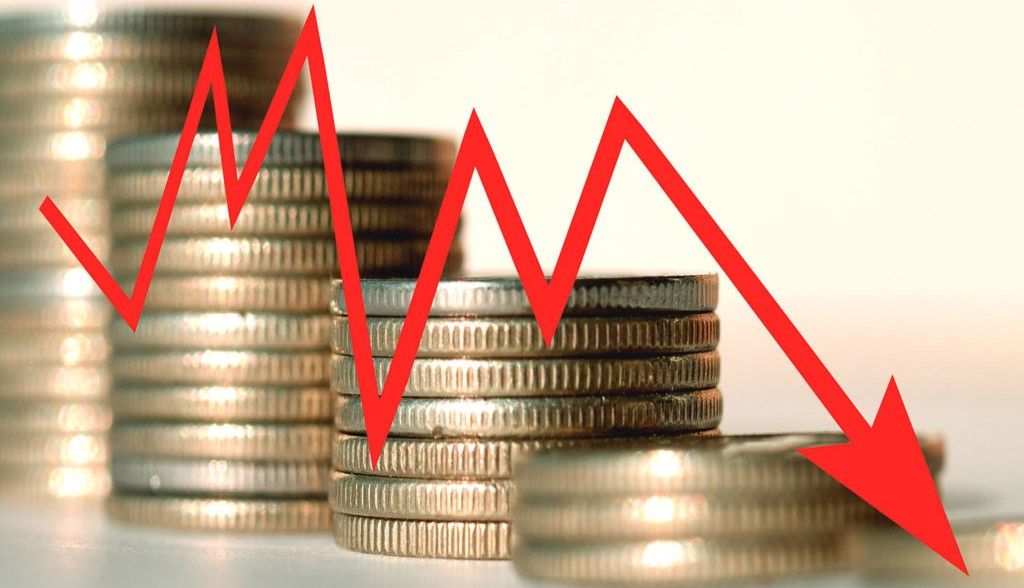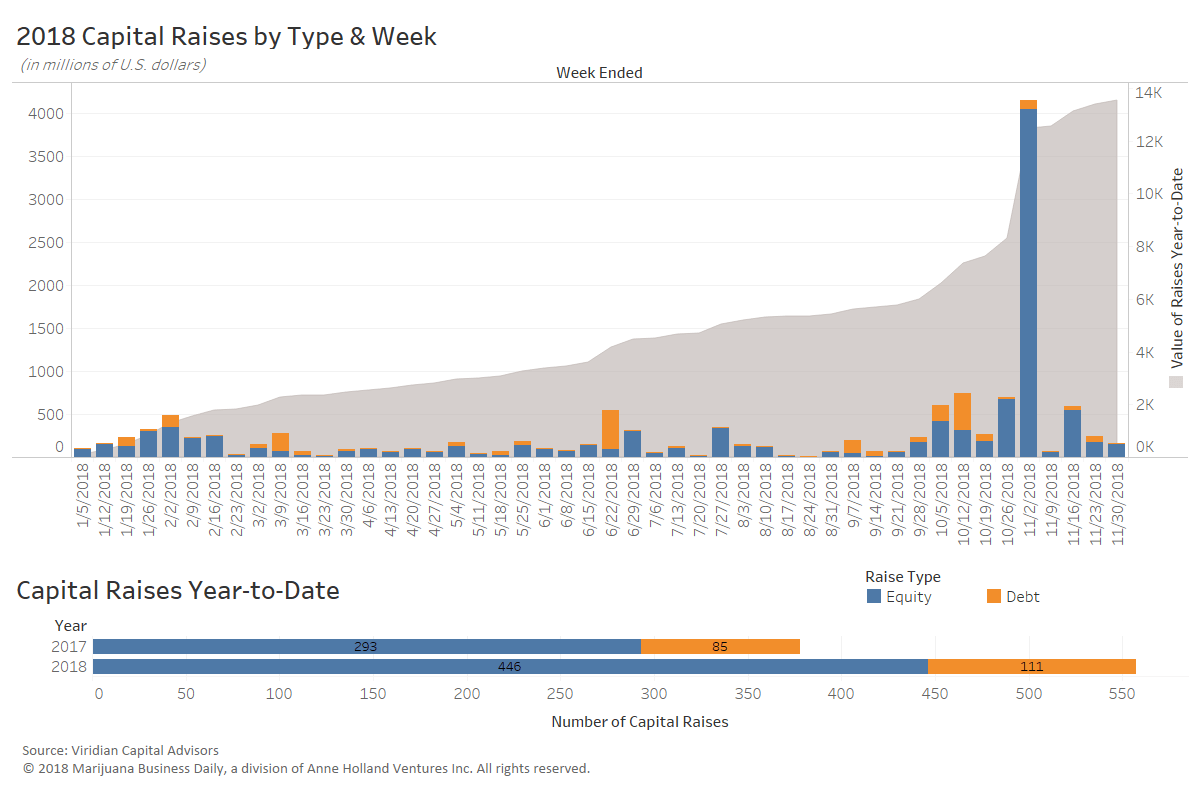The blows to Aphria’s stock continued Wednesday as the Canadian cannabis giant’s share price tumbled in the wake of a scathing short-seller report.
Aphria’s stock (Nasdaq: APHA) closed Wednesday at $4.51 – down more than 25% for the day.
The company has been on the defensive since Monday, refuting claims lobbed by short sellers Quintessential Capital Management and Hindenburg Research that Aphria’s management is a part of a shell game controlled by insiders raiding company coffers to line their own pockets.
Aphria, in a statement issued Monday, called the allegations “malicious.”
But some of the concerns raised by the short-seller report could have broader implications for the rapidly growing cannabis industry, analysts and observers say.
“This could be the proverbial straw that breaks the camel’s back,” said Chris Damas, editor of BCMI Cannabis Report.
“The overvaluation case (for the Canadian licensed producers) could finally be resonating with investors, and it takes something like this to break down the floodgates.”
As the fallout evolves, here are five key takeaways for investors and cannabis operators to consider:
1. Not Aphria’s first red flag
This isn’t the initial harsh report issued by Hindenburg on Aphria.
In March, the firm released a report claiming it uncovered “rampant red flags” in its review of Aphria’s acquisition of Nuuvera for 826 million Canadian dollars ($669 million at that time).
The deal raised eyebrows among industry observers after it was reported Aphria’s chief financial officer and six directors owned shares of Nuuvera before the deal. Those details had not been previously disclosed to shareholders.
A month later, Aphria adopted new guidelines for its top leadership on investing in outside companies.
In the most recent report, the short sellers claim that Aphria overpaid for assets in the Caribbean and Latin America that were secretly controlled by “insiders” and are “largely worthless.”
The report’s researchers claim they performed “extensive on-the-ground” due diligence on recently acquired properties in Jamaica, Colombia and Argentina and found the deals to be “vastly inflated or outright fabrications.”
In one example, the report alleges that assets acquired in Jamaica for CA$145 million ($108 million) were “an abandoned building that was sold off by the bank earlier this year.”
Officials with Quintessential Capital Management and Hindenburg Research could not be reached for comment.
To the knowledge of Marijuana Business Daily, the claims detailed in the reports on Aphria have not been independently verified.
2. Bigger than Aphria
The accusations could have broader implications for the industry and call into question just how much due diligence occurs as cannabis companies embark on their rapid expansions, said Andrew Kessner, an analyst with New York-based investment advising firm William O’Neil.
“Things have been moving so quickly in this space that a lot of companies have gotten a pass as far as what they’ve been spending their money on and why,” he said. “I think investors are starting to wise up and ask, ‘What’s really under the hood?’
“Are these executives really being good stewards of investor capital or are they inflating their company’s position to bring up valuations and do another round of funding?”
Damas agreed.
“It’s this sort of thing that could be the crack in the dike – so to speak,” he said. “It’s going to have ramifications for the whole industry.
“Other people are going to start taking a look at those assets that are far and away and wonder if they’re really worth what management is paying.”
3. Reassessing international plays
Aphria’s stock selloff could also signal just how critically investors view the international footprints of Canada’s larger cannabis producers, Kessner said.
“These companies have used the Canadian (capital) markets as a launching pad to raise money based on their plans to grow internationally,” he said.
“If that growth story – of being a global player – gets shot down, then their valuation begins to make no sense.”
Analysts at both GMP Securities and Bank of Nova Scotia moved their ratings for Aphria to “under review” after the short-seller report.
“We believe that management’s credibility may have been impacted by the allegations raised in this report,” GMP analysts wrote in a note to investors. “It is unclear at this point how the company will re-establish trust with investors.”
4. Assessing Aphria’s response
Since the short-seller report went public Monday, Aphria has issued two public responses.
In one statement, the company called the allegations “malicious,” adding that “by their own admission, Hindenburg Research ‘… stands to realize significant gains in the event that the price of any stock covered herein declines.’”
Officials with Aphria could not be reached for comment Wednesday.
Whether Aphria’s response will resonate with investors remains to be seen, Kessner said.
“Any stock is subject to short sellers. If the case being made by a short seller doesn’t have any merit, then that will come out,” he added.
“But simply saying, ‘These are short sellers and they’re just doing it to make money’ doesn’t mean much for anyone.”
5. Regulators taking notice
Meanwhile, Canada’s stock market regulator has issued a warning to publicly traded companies in emerging industries such as cannabis against “problematic promotional activities” aimed at artificially increasing share price.
The notice – issued by the Canada Securities Administrators (CSA) – did not single out any cannabis companies, but experts say many of the practices the memo warns against have been observed in the industry.
Jason Zandberg, analyst at PI Financial in Vancouver, British Columbia, said unscrupulous actors making unsubstantiated claims to benefit stock prices is part of any rising equity market.
“There is no doubt that cannabis has been one of those rising-tide moments and there have been many misleading promoters abusing the widespread investor enthusiasm,” he said.
“I hope the (CSA) does more than just release notices to limit these practices.”
International analyst Alfredo Pascual contributed to this report.
Matt Lamers can be reached at mattl@mjbizdaily.com





